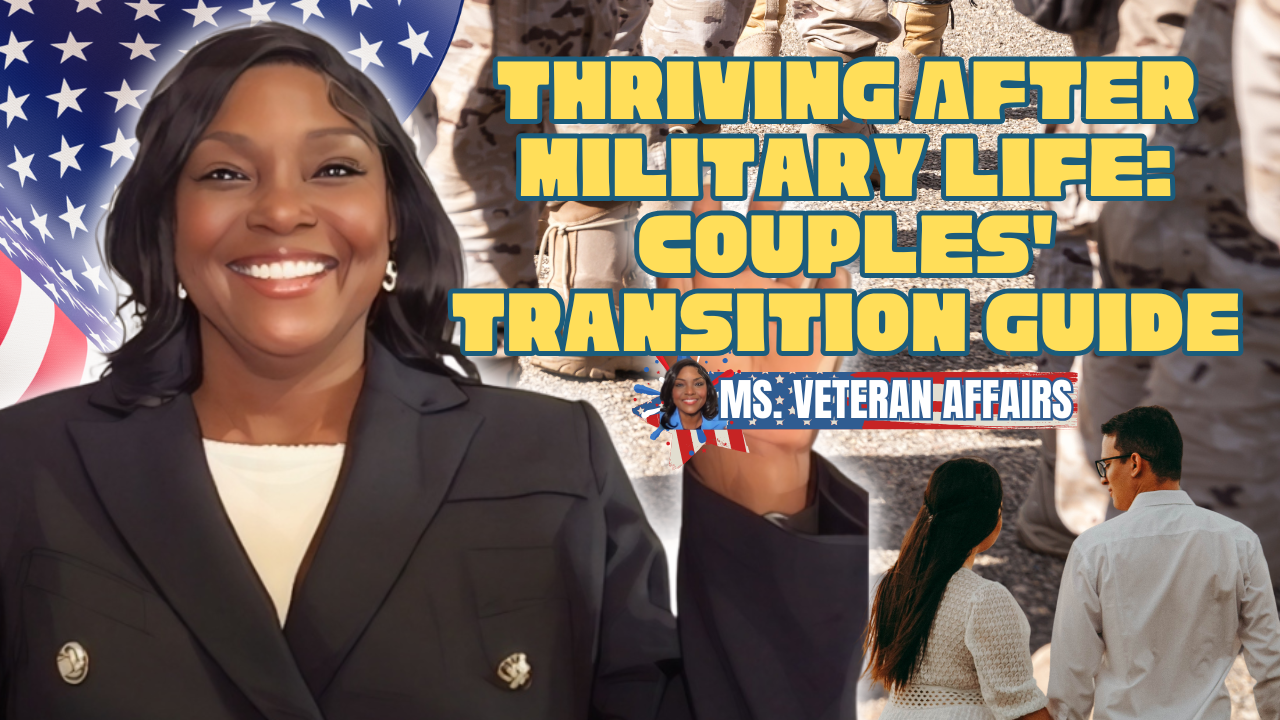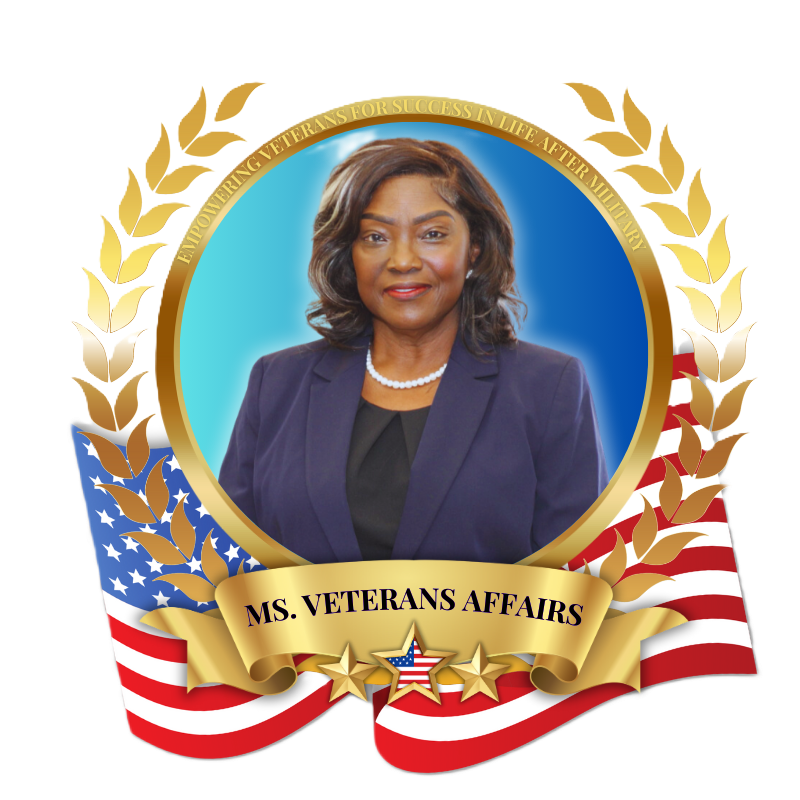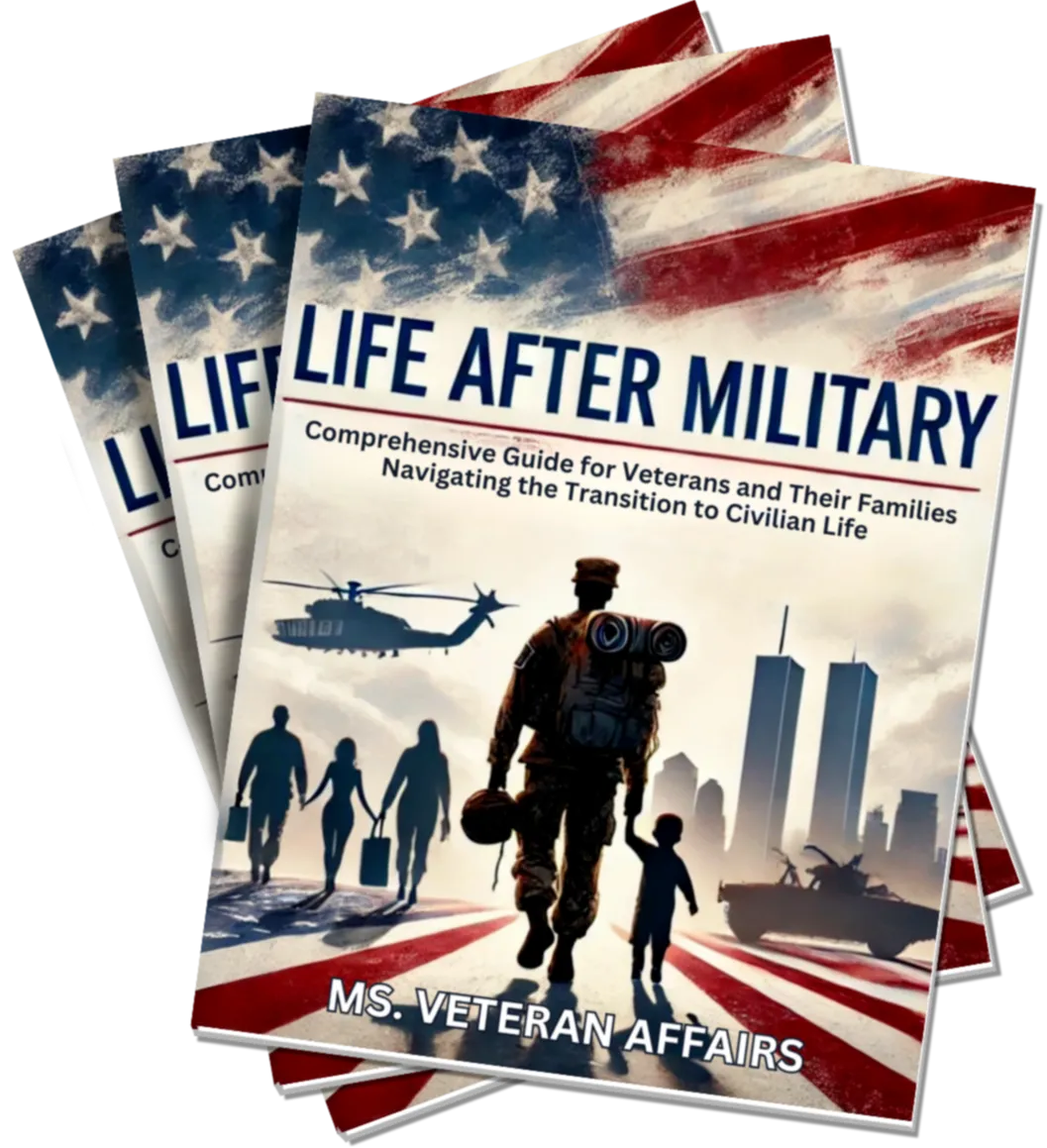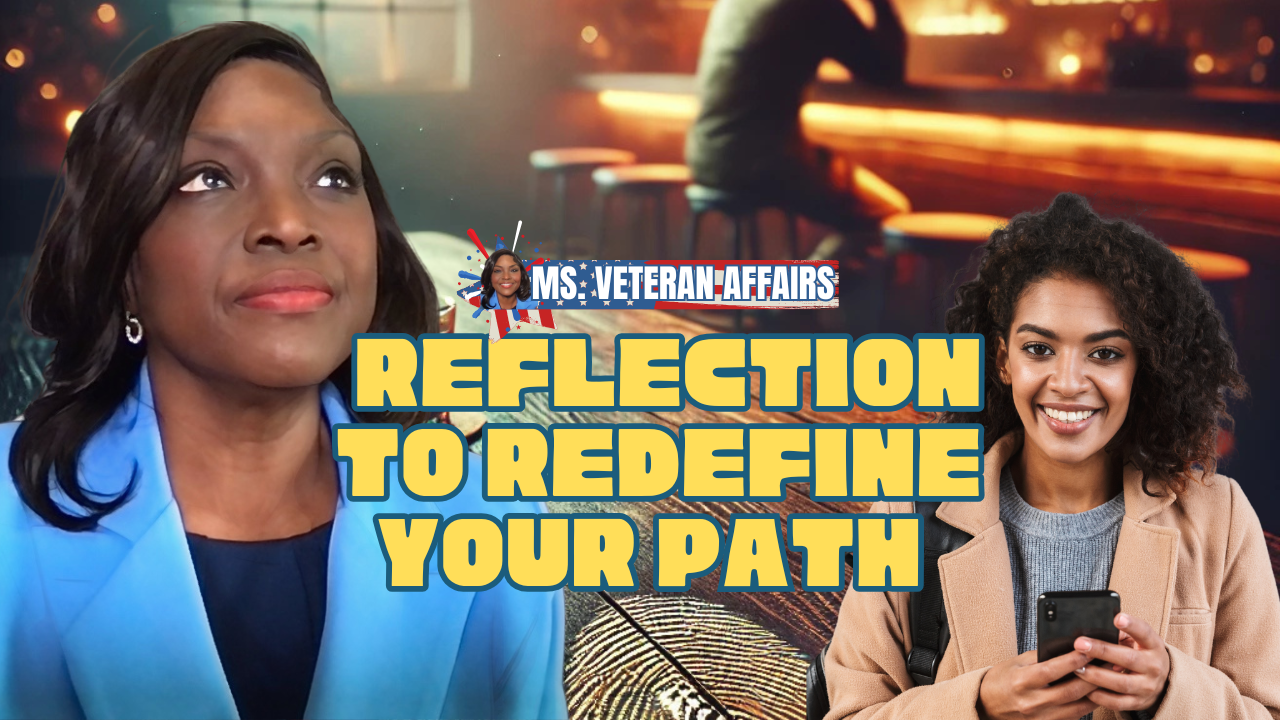Thriving After Military Life: Couples' Transition Guide
Jun 26, 2025
 Ms. Veteran Affairs Explains How Couples Can Thrive Post-Military Life
Ms. Veteran Affairs Explains How Couples Can Thrive Post-Military Life
It was a Wednesday afternoon, and the last thing Ashley expected to find in a quiet thrift store was a lifeline.
She had just dropped off several bags of clothes, looking for a quick escape from the house. Her husband, Mark, had just finished his military service and the transition to civilian life hadn’t been easy. Mark was struggling to adjust, and their marriage was feeling the strain. They weren’t the couple they used to be—not even close. The military had shaped everything they did for years, and now, they were left picking up the pieces, unsure of how to move forward.
As Ashley turned to leave, something caught her eye. A small notebook sat on a shelf near the door, almost as if it were waiting for her. She picked it up, curious. The cover was simple, a worn leather bound book with the words "Life After Service" etched on the front. As she flipped it open, there was a note inside that read: “You’re not alone in this transition. Turn to the next page for the support you need.”
She paused. Who would leave this here? And why?
Before she could ponder it too much, a voice interrupted her thoughts.
“That’s my book.”
Ashley turned, startled. A woman stood at the entrance, watching her with a warm, confident smile. Her presence was somehow calming yet commanding, and Ashley felt like she had been caught doing something wrong, even though she wasn’t sure why. The woman looked like someone who had seen and lived through the very struggles Ashley was facing.
“Sorry,” Ashley stammered, holding up the book. “I didn’t mean to—”
The woman waved her off. “It’s okay. I actually leave them around. It’s part of my way of connecting with military families. I’m Ms. Veteran Affairs.”
Ashley blinked, unsure of what to say next. “I... I’m not sure what you mean. But... thank you.”
Ms. Veteran Affairs nodded. “The transition is never easy. I’ve been where you are. But you don’t have to do it alone.”
A Lifeline Offered
Ashley felt a lump form in her throat. She had spent so much time trying to hold everything together, pretending that she was fine when everything felt like it was crumbling. The transition had torn her family apart—Mark had struggled to find his place, and she had been left to pick up the pieces. They weren’t talking like they used to. Their conversations had become strained, and intimacy felt like a distant memory.
“I’m just trying to keep us afloat,” Ashley said quietly, her voice shaky. “But it’s like we’re drifting further apart every day. I don’t know how to fix it.”
Ms. Veteran Affairs stepped forward, her gaze soft but firm. “You’re not alone. And this? This is part of the journey. There are ways to make it work.”
Ashley felt a wave of emotion rush over her. It had been so long since anyone had acknowledged how hard things were. But this woman—this stranger—was offering something more than sympathy. She was offering real, tangible help.
“Tell me what you need,” Ms. Veteran Affairs continued. “Whether it’s navigating the emotional toll of the transition, finding support as a couple, or simply figuring out how to reconnect with your partner—you don’t have to do this alone.”
Rebuilding Together
As they sat down on a nearby bench, Ms. Veteran Affairs began to share some of the steps she had taken with her own partner to rebuild their connection after the military. She explained how military families often face unique challenges when transitioning out of service, and how those challenges can often create invisible rifts in relationships.
“The first thing I learned,” Ms. Veteran Affairs said, “was the importance of communication. It sounds simple, but it’s easy to forget how important it is when you're overwhelmed by everything else. I had to learn to listen without judgment and create a space for my husband to talk about his fears, his frustrations, his struggles. We both needed to be vulnerable.”
Ashley nodded slowly, absorbing every word. “But what about me? I’m scared too. I don’t know how to help him, and I feel like I’m drowning in all of this.”
Ms. Veteran Affairs gave her a kind, understanding look. “It’s important to take care of yourself too. It’s easy to forget that. You have to prioritize self-care, or you won’t have the energy to support him. It’s not selfish; it’s necessary. And you need to find your own support network too—friends, family, even other military spouses. You’re not in this alone, either.”
Ms. Veteran Affairs’ Tips for Couples Thriving Post-Military:
- Communicate Openly: “Set aside time each day to talk with your partner—no distractions, no phones. Just listen to each other’s needs and frustrations. Open communication is key to understanding the emotional challenges both of you are facing.”
- Set Shared Goals: “Talk about what you want in the future. Where do you see yourselves in a year? Five years? It’s important to have shared dreams and aspirations, even if they look different than what you imagined when you were still in the military.”
- Prioritize Self-Care: “You can’t support your partner if you’re running on empty. Take time to focus on yourself—whether it’s reading a book, getting outside, or doing something that brings you peace. If you’re feeling grounded and calm, you’ll be able to help your partner more effectively.”
- Build a Support Network: “Find other spouses or veterans who understand what you’re going through. Join local groups, online forums, or community meetups. Sometimes, just knowing someone else is going through the same thing can make all the difference.”
- Seek Professional Help: “Don’t be afraid to seek counseling if the emotional toll becomes too much. Couples therapy or individual therapy can help you both navigate the transition and come out stronger on the other side.”
A New Beginning
By the time Ashley stood up to leave, she felt a newfound sense of hope. The path ahead still felt uncertain, but Ms. Veteran Affairs had helped her see that it was possible to thrive, not just survive. The struggles they were facing were real, but with the right tools and support, she and Mark could find their way back to each other.
As she walked out of the thrift store, the weight on her shoulders felt a little lighter. She wasn’t alone. She had a plan, and she had hope.
Discussion Questions:
- What are some key communication strategies that can help military couples transition successfully after service?
- Why is self-care crucial for spouses during the military-to-civilian transition, and how can it improve the relationship?
- What role does setting shared goals play in helping couples thrive post-military life?
- How can finding a support network of other military spouses or veterans help ease the transition process?
- What are the benefits of seeking professional help, such as therapy or counseling, for couples going through a difficult transition?
Join our community today!
Gain fresh insights every week—concise, impactful lessons designed to elevate your thinking, enhance self-awareness, and empower purposeful growth.
We hate SPAM. We will never sell your information, for any reason.












